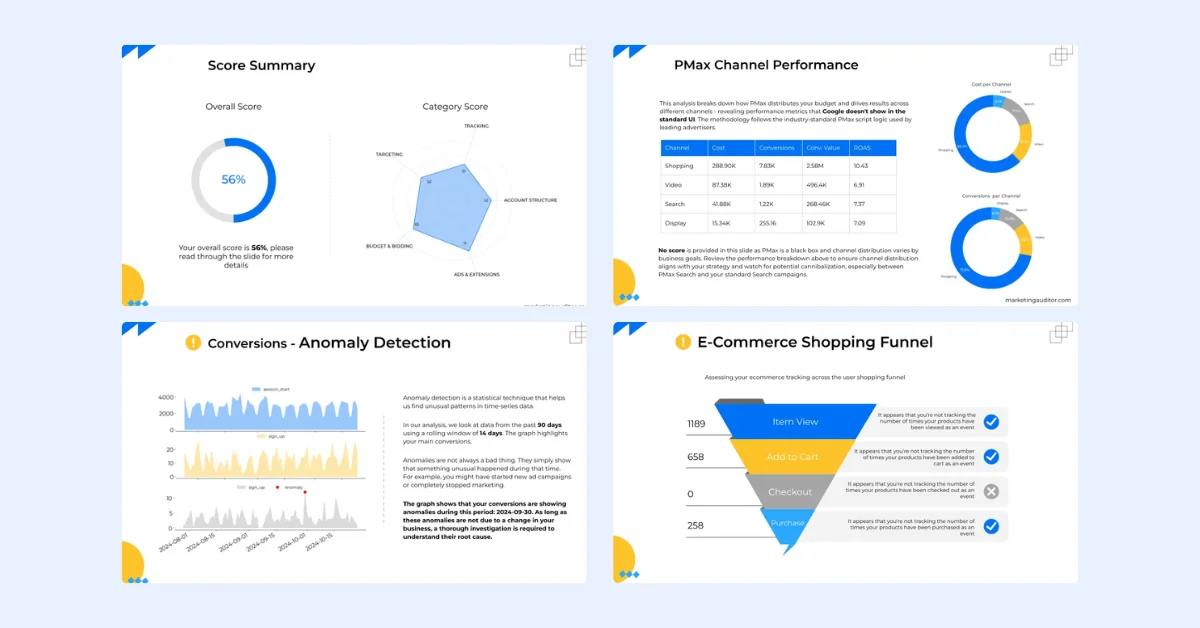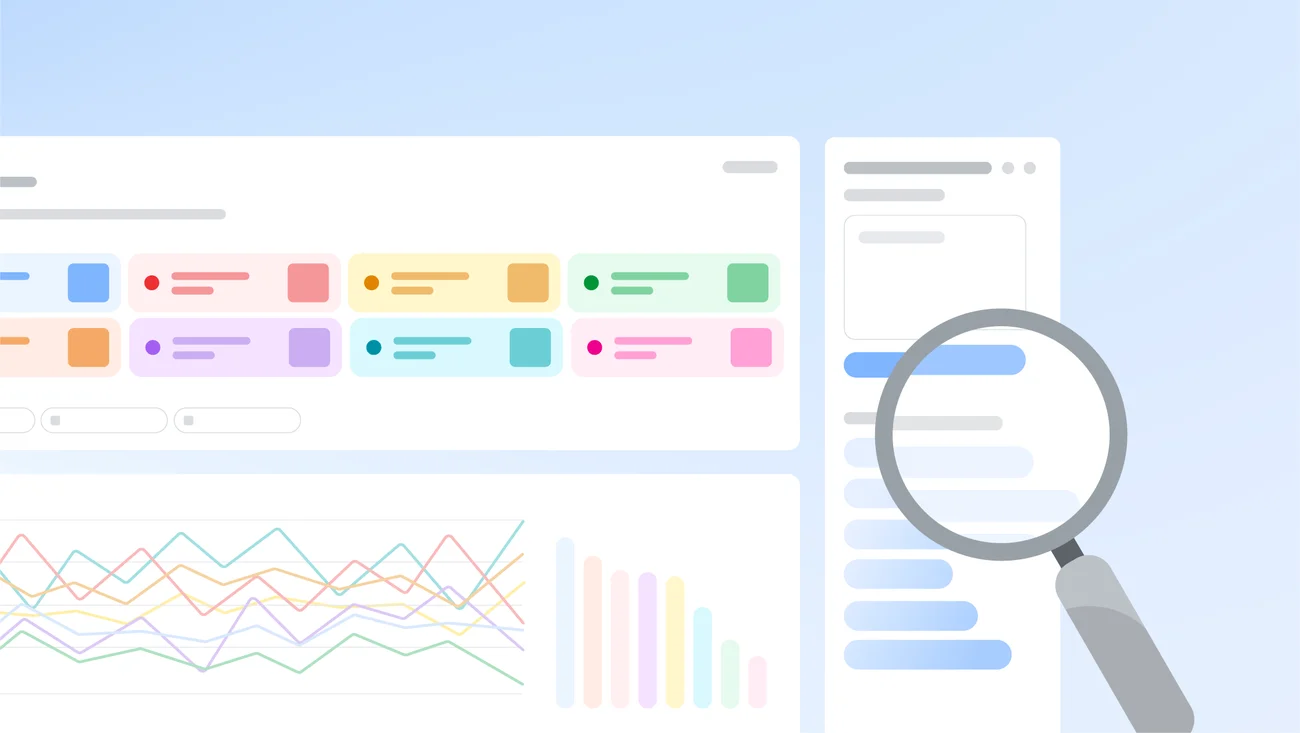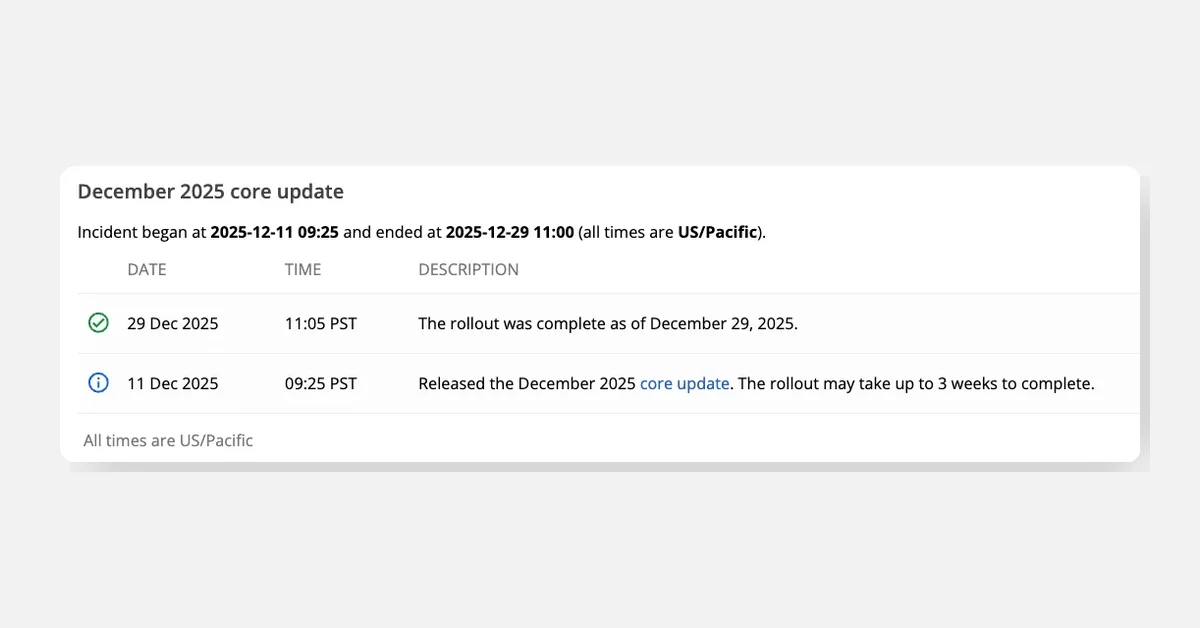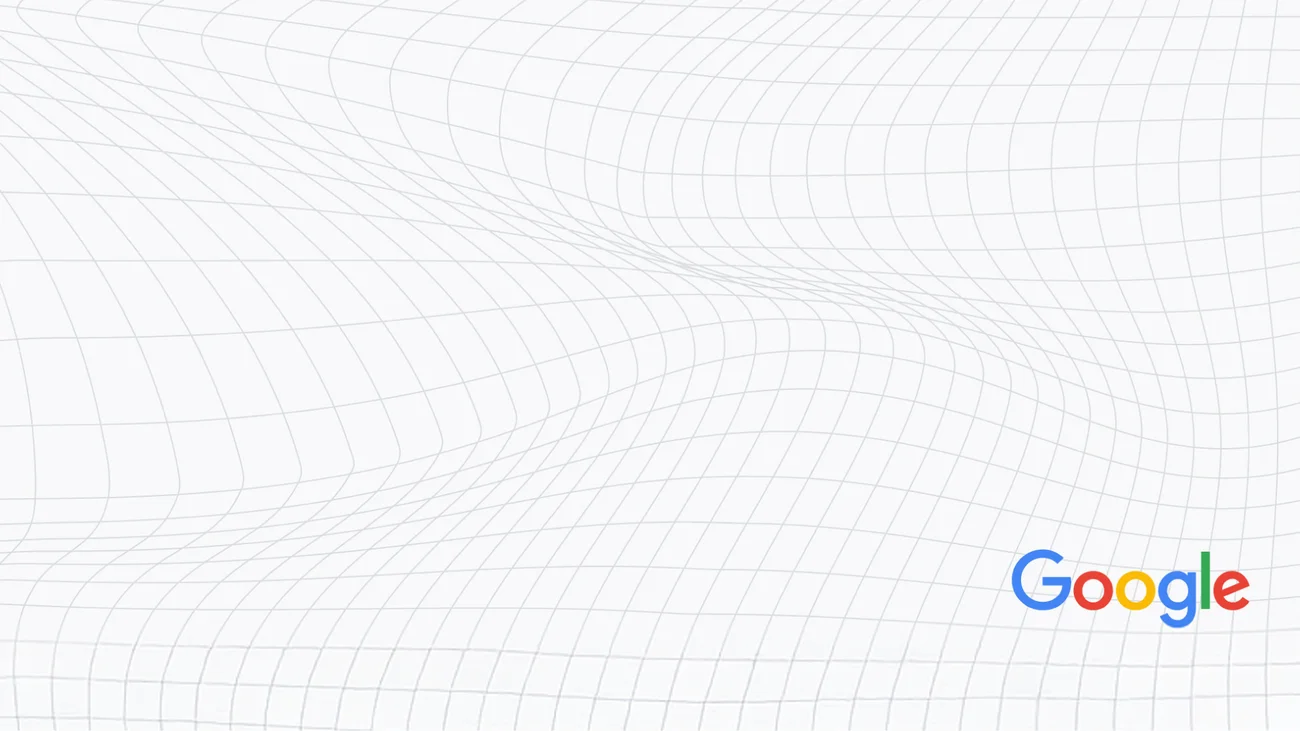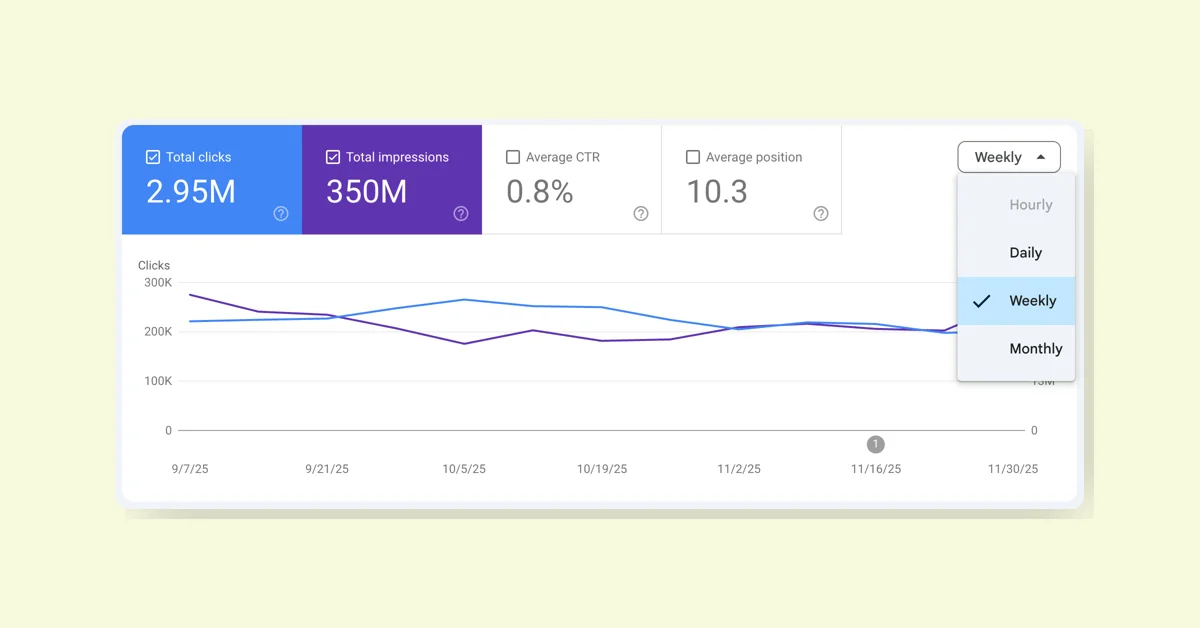Google Search, the web's primary traffic and revenue generator, is undergoing significant changes that are reshaping the internet. The first "core update" of 2024, which targets spam and low-quality content, has been rolled out. These updates occur two or three times a year, addressing specific issues raised by publishers or advertisers.
A new spam policy will also be enforced, causing further disruption and potential traffic drops for many publishers. The recent spam core update was complex and challenging, involving multiple core systems that rank and counter-rank each other. It evolved from the "helpful content update" in September, which focuses on the value of the information on a page to a search user.
A significant systemic change is the downranking of sites at the publisher level, rather than at the URL level, when unhelpful content or spam is detected. This leads to more widespread downrankings for the main site.
Many publishers have been negatively impacted by these updates. The content strategies that were previously encouraged are now considered spam, resulting in a drop in site traffic by 70% to 90%.
The recent Google core update is more than just addressing MFA content; it's also affecting pay-to-publish-type content. Smaller and specialty sites have also lost out to big-name publishers due to Google's helpful content update.
Google's feedback to publishers is that they must work on their own sites and should see improvements organically by the next core update. However, the recent updates seem to favor large platforms, such as Reddit and Google itself, rather than promoting helpful content and spam protection.
The frustration with publishers is that following Google's best practices and advice isn't helping, and the problems are only getting worse. It appears that the real way to win more search revenue is to sign a major data sharing and Google Cloud spending contract.

